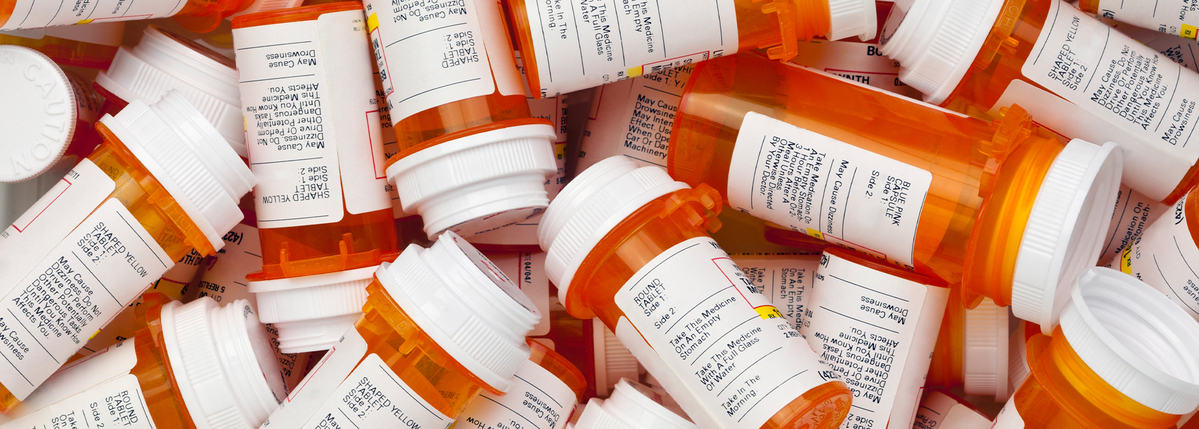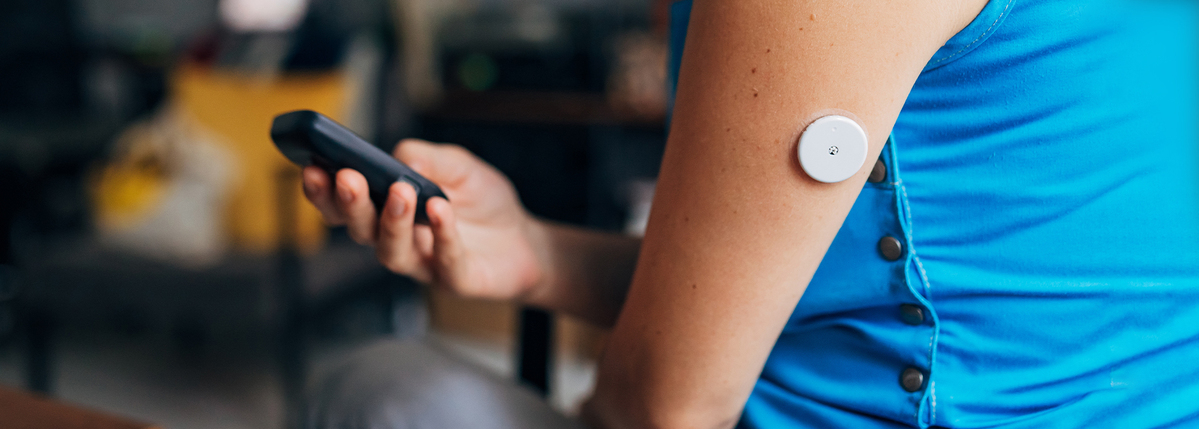Donating Blood With Type 1 Diabetes
Written by: Beyond Type 1 Editorial Team
3 minute read
February 7, 2017
Many are under the assumption that a diagnosis means they can’t donate. Wrong. While it depends on where in the world you live, where your blood sugar levels are, and what type of insulin you take, for the most part giving blood is still an option.
Editor’s Note: Get continuous updates about the coronavirus pandemic (COVID-19) here.
According to the American Red Cross, every two seconds someone needs blood. We all know that donating blood is a worthy thing to do. But the donation of blood assumes a cooperative body and a donation system that will accept the blood running through your veins.
So what does that mean for those with type 1 diabetes (T1D)? Many are under the assumption that a diagnosis means they can’t donate. Wrong. For the most part, giving blood is an option, but it does depend on the following:
- Where you live
- Your blood sugar levels
- What type of insulin you are taking
Consider your own safety
T1D should not put you at any greater risk of feeling feint or nauseous while donating. Some T1D patients report their blood glucose levels (BGLs) run slightly higher for three to five days after donating. Your immediate levels shouldn’t be influenced either way—you won’t suddenly spike or bottom out. Doctors do say your A1C or HbA1c (glycated hemoglobin, which measures one’s three-month blood sugar level) may be falsely lowered, a temporary effect thought to be caused by blood loss and accelerated red blood cell turnover.
If you want to donate, but are concerned about the health consequences, talk to your doctor first. After donating, it’s crucial to closely monitor your blood sugar levels and re-nourish your body. Increase your fluid intake and consider eating more iron-rich foods for a few days. Be smart: use common sense. Take care of yourself the same way you always would.
US donor requirements
- Be in good overall health (the day they plan to donate)
- Have a weight of 110 pounds or more
- Be at least 17 years old (in most states), parental consent is required for 16-year-old donors
When you arrive to donate, a donation professional will take you through a screening process requiring you to disclose any health conditions, including T1D. You should be ready to provide additional information on your diabetes and the medications you’re taking. Your A1C will not be tested before you give blood, so your honesty regarding your diabetes is crucial. As long as your BGLs are within a normal range, your blood is acceptable for donation. Blood with too much sugar in it doesn’t store well.
If you pass the general health test and your blood glucose levels are stable, the only remaining factor is the source of your insulin. In the past, those who had used bovine-derived insulin any time since 1980 were disqualified from donating due to the risk of vCJD (mad cow disease). As of April 2020, the FDA has updated their guidance and removed this restriction.
The donation process is typically quick, taking under an hour.
Preparing to give blood
- Drink plenty of water.
- Do not donate if you are sick.
- Get enough sleep.
- Avoid intense exercise/any major lifting.
- Have a snack.
- Limit caffeine intake.
- Be prepared to disclose any medications you are currently on.
- Eat iron-rich, protein-rich foods.
- Avoid fatty foods, smoking and alcohol.
- Try to relax.
After donating
- Continue to hydrate.
- Rest if feeling lightheaded.
- Avoid any strenuous exercise/activity 24 hours after.
- Continue adding iron-rich foods to your diet if it suits you.
UK donor requirements
NHS Blood and Transplant (the governing health organization responsible for blood) refuses blood donations from those who may be put at greater health risk by giving. Sadly they lump most diabetes patients into this category, as they refuse blood from anyone taking any form of insulin, whether via injections or pump therapy. This disqualifies not only type 1 patients from donating, but some patients with type 2 diabetes as well.
Australia donor requirements
Much like the United States, diabetes patients are eligible to donate via the Red Cross as long as they have no complications from their diabetes—such as eye, blood vessel, or kidney problems—and their BGLs are under control. If you’ve used bovine-derived insulin in the past, however, you may not be eligible.
Canada donor requirements
As of 2021, people with type 1 diabetes may donate blood in Canada, so long as they have had no major diabetes-related incidents requiring assistance in the last three months. For more information on this exciting update, check out this blog post from Connected in Motion.
People with type 2 diabetes who are working to keep blood sugars down are also eligible to donate blood in Canada.
Read Heart Health & T1D.
Related Resources

Gone are the days of gifting sugar-free candies that sit untouched until next year. This...
Read more

Thinking of escaping the heat and hitting the beach this summer? We certainly don’t blame...
Read more

There are so many treatment options for type 2 diabetes today—it can be a little...
Read more


